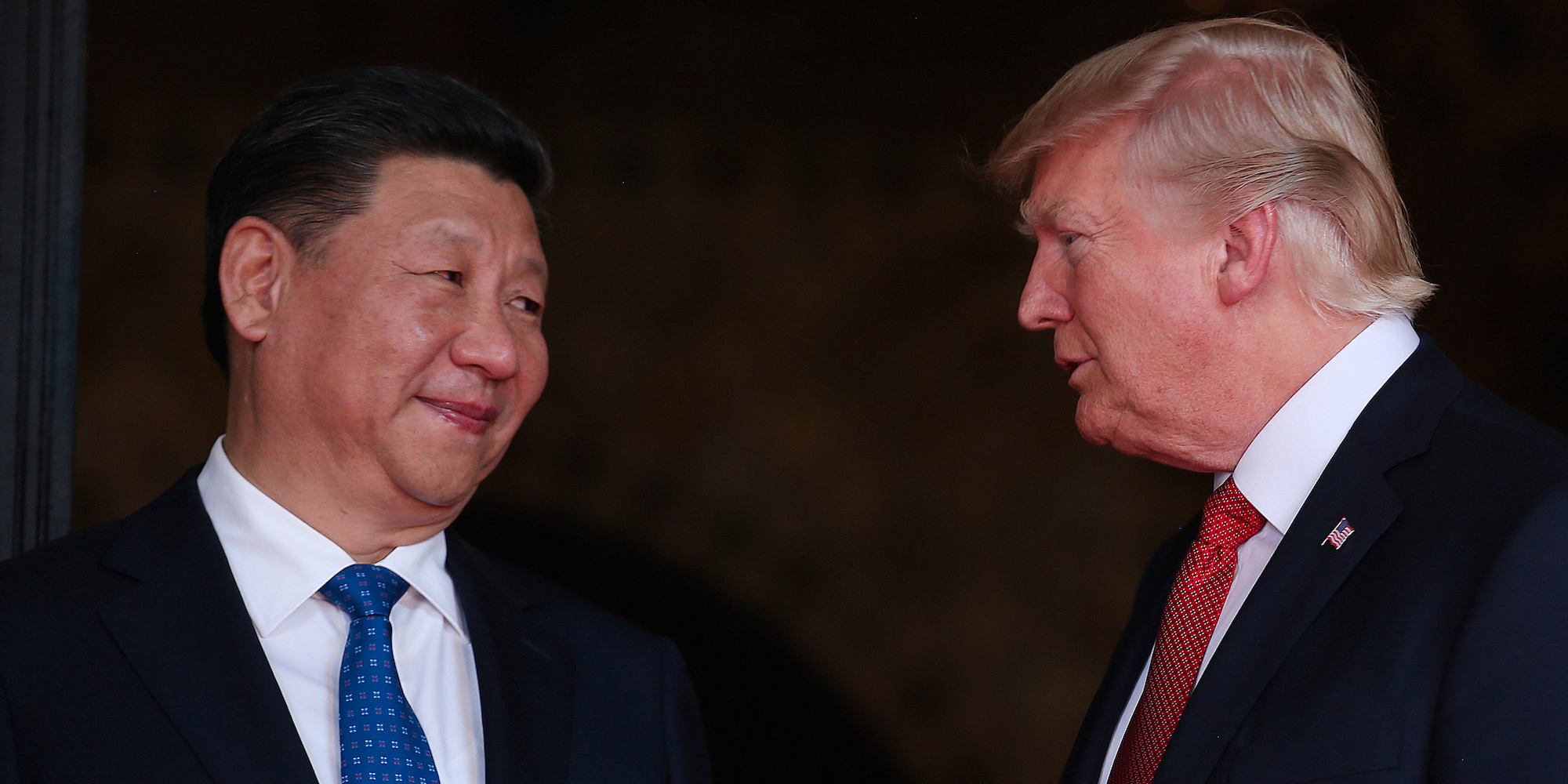- The annual must-pass defense bill’s final product will not include a full ban on Chinese telecommunications giant ZTE, but will instead block them from contracts with the US government.
- While the move was seen as a major concession to Trump and China, the softened language in the bill is unlikely to imperil its chances of passing.
WASHINGTON – Republicans and Democrats in the Senate were very concerned about the nefarious Chinese smartphone maker ZTE ever since the Trump administration decided to begin easing the punishments levied on the company for violating US sanctions.
But when the conference committee tasked with hashing out the House and Senate differences in the annual National Defense Authorization Act eased back on what was previously considered a key national security concern, lawmakers gave a collective groan at the major concession to President Donald Trump.
Now, they are likely moving on without a fuss.
The original language passed by the Senate in June included a full ban on sales for ZTE. Late last week, the conference committee went in another direction, changing language in the legislation to only ban ZTE from contracts with the US government.
A handful of lawmakers lamented the move, saying Trump and Republicans were letting the Chinese skate free.
House Minority Leader Nancy Pelosi said in a statement that "Republicans chose to fold and cravenly sell out America's workers and national security."
Republican Sen. Marco Rubio, who has been one of the most critical of ZTE, seemed baffled at Republicans' leniency on the telecommunications giant.
"I don't understand," Rubio said during an appearance on CNN. "If we know for a fact that no country in the world spies on us more than China does, no country in the world steals intellectual property from us more than China does, and they used their telecommunications companies to do it, installing back doors into routers, all sorts of things, why we would allow them to remain in business in the United States?"
"So that's why knowing that and knowing what my colleagues know about ZTE, I don't understand why they would give in so easily, so quickly and cave on something that would have put them out of business by denying them access to U.S. semiconductors," he added.
'What we'll see is how China responds'
South Carolina Sen. Lindsey Graham, a Republican, told Business Insider that the lenient ZTE ban is about trade more than national security and that "we got to get some W's on the board when it comes to trade negotiations."
But Graham did not dismiss the security concerns, even though China has been afforded a lot more breathing room than the previous language allowed.
"What we'll see is how China responds," Graham said. "We'll see if they do something that's inconsistent with a sort of a second chance they've got, I think no matter what President Trump says we'll come down hard."
The general feeling from staffers on Capitol Hill is that the watered down ban for ZTE is not likely to be a hurdle for the bill's passage. The bill is a must-pass piece of legislation and is full of other major components relating to national security and defense.
Simply, a bill this big has too many other things that will make lawmakers will want to vote for it, even if it goes easy on a company closely aligned with the Chinese government's intelligence agency.
Democratic Sen. Tim Kaine, who serves on the Armed Services Committee, essentially told Business Insider as much.
"That's unfortunate," Kaine said of the softened ZTE language. "I mean, I signed the conference report. I think there's a lot of good in it. But I think that's unfortunate."

